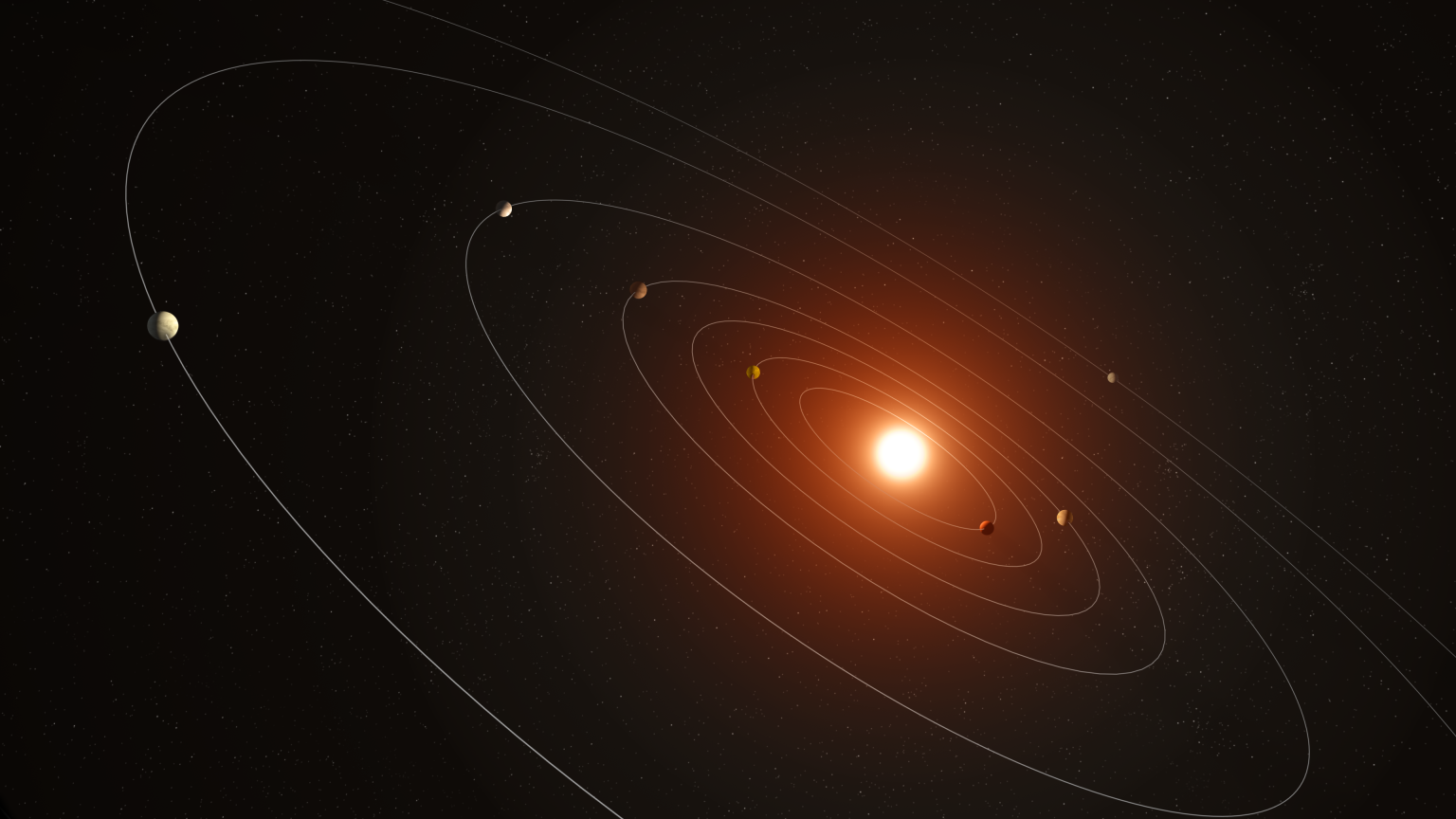NASA's retired Kepler space telescope discovers hot new planetary system

- Country:
- United States
Using data from NASA's retired Kepler space telescope, astronomers have discovered a system of seven planets orbiting a Sun-like star. The system, called Kepler-385, is one of only a few known planetary systems that contain more than six planet candidates, with each being larger than Earth but smaller than Neptune.
The Sun-like star at the center of this planetary system is about 10% larger and 5% hotter than our Sun. The two inner planets in this system are slightly larger than Earth and are probably rocky with thin atmospheres. The other five planets are larger, each with a radius about twice the size of Earth's and may be enshrouded in thick atmospheres.
"We've assembled the most accurate list of Kepler planet candidates and their properties to date. NASA's Kepler mission has discovered the majority of known exoplanets, and this new catalog will enable astronomers to learn more about their characteristics," said Jack Lissauer, a research scientist at NASA's Ames Research Center in California's Silicon Valley and lead author on the paper presenting the new catalog.
Seven new planets orbiting a distant star have been revealed in a review of @NASAExoplanets data by our retired Kepler Space Telescope: https://t.co/vnJIAkBmjwAll the planets in the system, named Kepler-385, are larger than Earth and smaller than Neptune, and are scorched by… pic.twitter.com/HmJIqBFh5h
— NASA (@NASA) November 2, 2023
The newly-discovered Kepler-385 system is among the highlights of a new Kepler catalog of nearly 4,400 planet candidates, including more than 700 multi-planet systems.
The primary observations of the Kepler space telescope, NASA's first planet-hunting mission, ceased in 2013. The extended mission, called K2, continued until 2018. The data collected by the mission during its primary and extended observation period continue to reveal new discoveries about our home galaxy - the Milky Way - revolutionising our understanding of our place in the vast cosmos.










